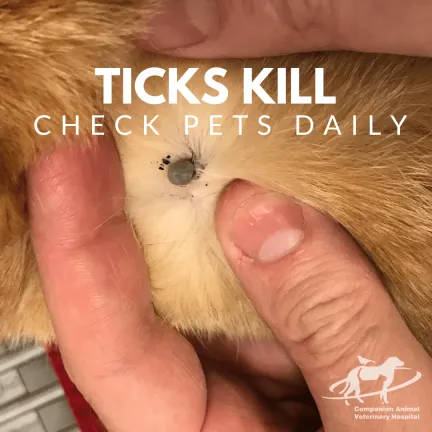Regular worming is important for the health of your dog and also for the health of your family. Here's three really good reasons to ensure you are worming your dog every 3 months for intestinal worms:
They could send your kids blind
Some worms that infect dogs can also infect people as well.
Roundworms are one of the worms that can cause issues. Because the larvae are not adapted to being inside humans they tend to head towards neural tissue. In adults it tends to not be so much of a problem because our immune system is well developed. In kids they can end up migrating into the eyes and can cause blindness. People get infected with the larvae when playing on the lawn where the dog defecates.
To prevent it:
- worm your adult dog every 3 months with an all wormer, puppies need to be done more frequently
- wash your hands and make your kids wash their hands after playing outside
- pick up faeces regularly so the larvae don't have time to hatch.
Worm eggs will build up in the environment if you don't
Whipworms are the most common type of parasite infection we see in older dogs. Their eggs are really tough and will survive for long periods in the environment. If you don't worm your dog they will build up slowly over time until eventually you will have a heavily contaminated environment and your dog will get sick.
Dogs with whipworm get a nasty diarrhoea with blood in it. It can make them really sick. They have to be treated with a drip and it is really hard to clear the environment.
To prevent whipworm:
- worm your dog with a good quality intestinal wormer every 3 months
- never hose poo into the lawn, pick it up and dispose of it in the garbage bin.
Tapeworms can crawl out of your dog's back end
The flea tapeworm is one of the most common worms we see. Dogs get infested with this worm by ingesting fleas that contain it. The worms live in the gut and generally don't cause any issues there. The problem with them is that segments break off and the individual segments of the worm are active. They can wriggle and move around. Segments crawl out of the anus and crawl around the skin surrounding it.
The dogs become irritated by it and will often scoot, scraping their bums along the ground to relieve the irritation.
To prevent flea tapeworm (dipylidium caninum):
- control fleas
- worm regularly with a wormer containing praziquantel
When did you last worm your dog?
Worm every 3 months with a good all wormer. Worming each time the season changes the easiest way to remember. Many supermarket brands contain oxantel or oxbendazole. I do not recommend these as there is resistance to these drugs in alot of worms. Products containing febantel are best. We only sell and recommend intestinal wormers for dogs containing febantel at Companion Animal Vets.
Read more articles
- Log in to post comments



